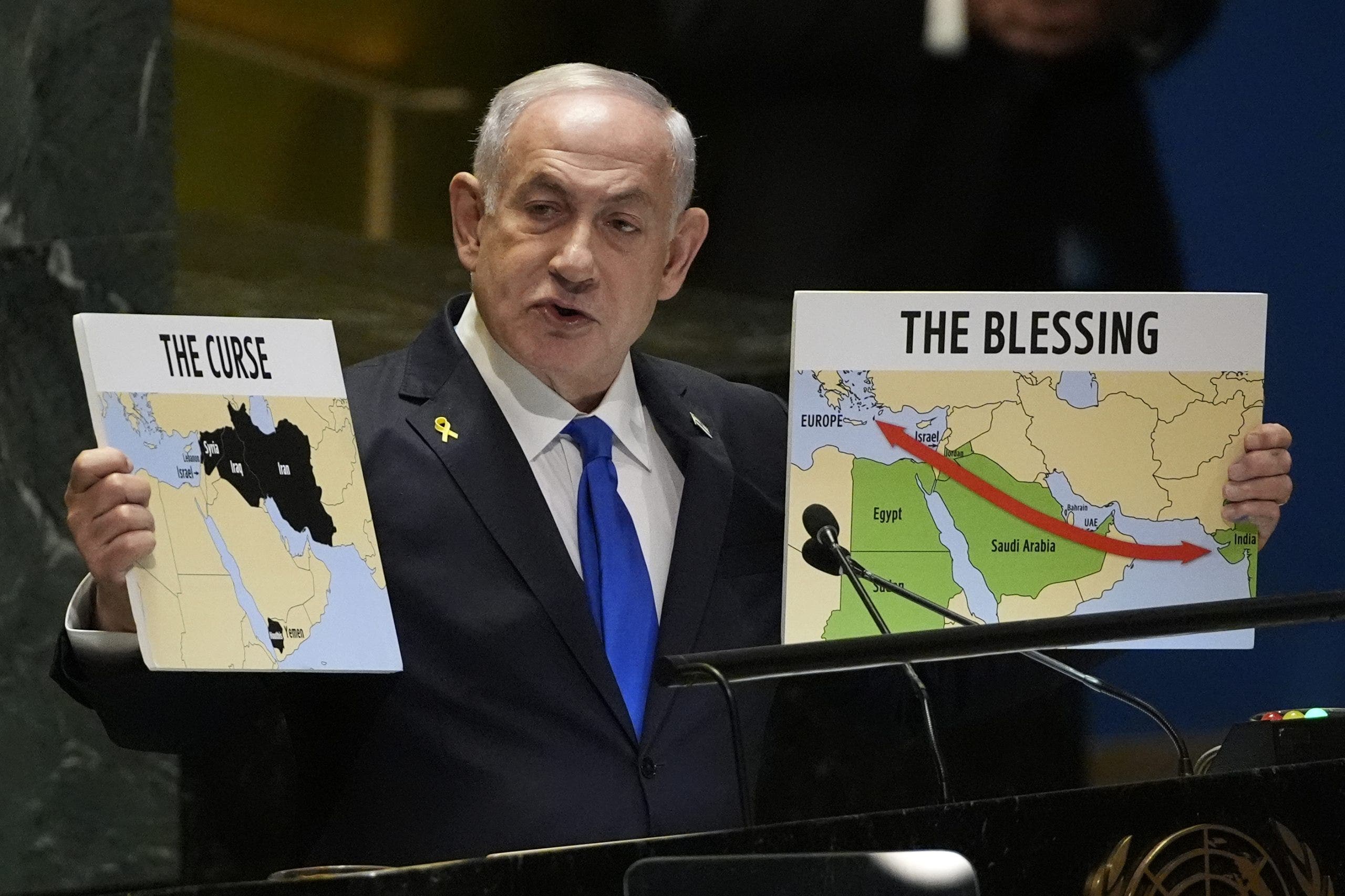After Trump’s historic Iran-Israel truce, do ceasefires really bring peace?

President Donald Trump made history on Monday by brokering a ceasefire agreement between Israel and Iran, bringing a temporary halt to the intense military confrontation between the two nations. The ceasefire, which was announced on Monday evening, took effect 12 hours later to allow for final military maneuvers on both sides. However, the peace was quickly threatened by a barrage of Iranian missile fire, leading to concerns about the agreement being violated.
In an exclusive interview with Fox News Digital, John Spencer, the executive director of the Urban Warfare Institute, explained that the delayed implementation of the ceasefire was not uncommon. He emphasized the complexity of stopping military operations abruptly, with aircraft in flight and forces in position. Despite the initial challenges, Spencer described the U.S. operation as a significant achievement, highlighting the successful targeting of nuclear sites with zero losses.
Spencer expressed confidence in the ceasefire holding, pointing to historical precedents that featured delayed activation and phased goals. He referenced the Korean War Armistice of 1953, which had a deliberate 12-hour delay before taking effect, similar to the Israel-Iran ceasefire. He also mentioned the Yom Kippur War ceasefire in 1973, where Israel used the final hours to reposition its forces strategically.
Drawing comparisons to past conflicts such as the Bosnian War and the Israel-Hamas conflicts, Spencer underscored the importance of structured agreements and phased timelines in maintaining peace. He also highlighted the temporary ceasefires during the ongoing Russia-Ukraine war, emphasizing the political and strategic considerations behind such agreements.
Despite the lack of formal terms or international enforcement in the Israel-Iran ceasefire, Spencer viewed it as a significant milestone that set a new precedent. He commended the United States for its role in supporting Israel and preventing nuclear proliferation threats. Spencer concluded that the ceasefire served as an “off-ramp” for both sides, halting hostilities and creating a deterrent effect for future actions.
In summary, the Israel-Iran ceasefire represents a strategic victory in a complex and volatile region. By leveraging historical precedents and diplomatic efforts, President Trump and the United States have played a crucial role in de-escalating tensions and promoting stability in the Middle East. The ceasefire may serve as a blueprint for future conflict resolution efforts, demonstrating the effectiveness of clear red lines and strong deterrence measures.




